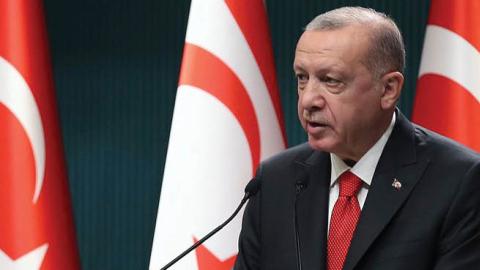Even in the closing weeks of America’s presidential campaign, the grisly murder of French schoolteacher Samuel Paty made an impression. As part of a civics lesson, Mr. Paty showed his class of 13-year-olds the Charlie Hebdo caricatures of the prophet Muhammad. Soon afterward, Mr. Paty was attacked and beheaded in the street. President Emmanuel Macron, whose government has been moving right on law and order as the electoral competition with Marine Le Pen of the National Rally heats up, announced a series of measures aimed at limiting what he called “Islamist separatism.”
The reaction from Muslim religious and political leaders around the world ranged from supportive (the United Arab Emirates and some imams) to perfunctory (Kuwait and Saudi Arabia) to sulfurous, with Malaysian former Prime Minister Mahathir Mohamad helpfully tweeting that Muslims had the right to kill “millions of French people” in retribution for French colonialism.
But the most significant reaction came from Turkish President Recep Tayyip Erdogan, whose country is embroiled in confrontations with France in the Eastern Mediterranean. “Macron needs mental treatment,” Mr. Erdogan said, calling for a Turkish boycott against French products. “What is the problem of this person Macron with Muslims and Islam?”
Read the full article in the Wall Street Journal


















